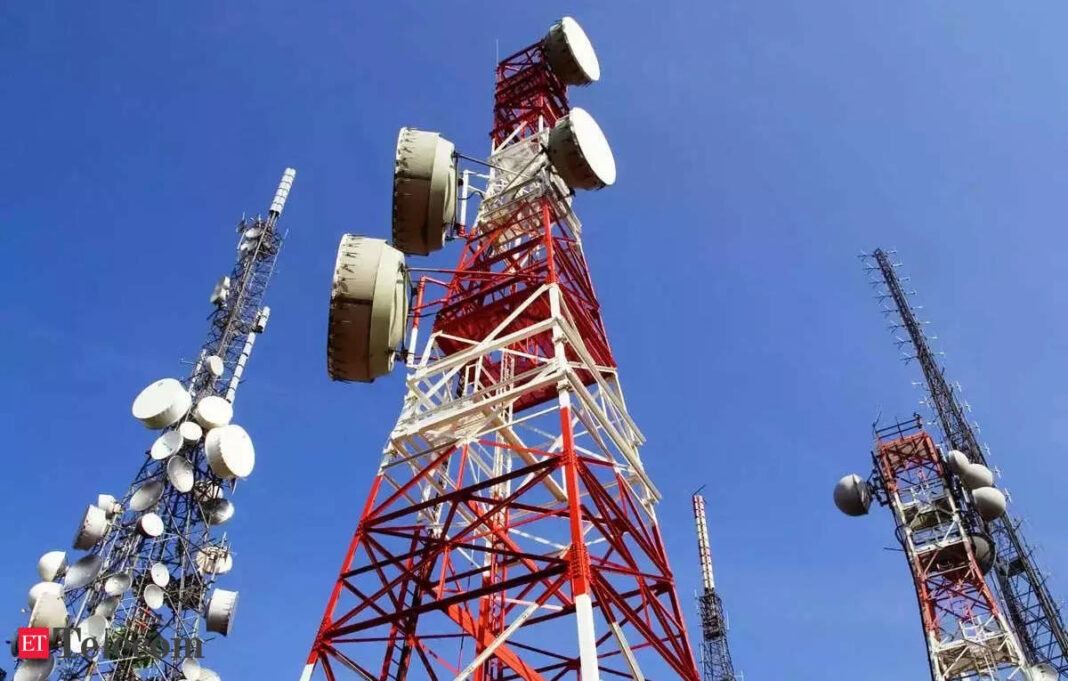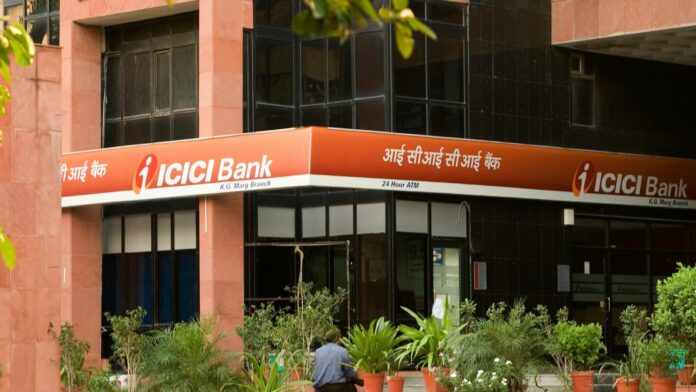In Short:
DoT, Trai and BSNL are meeting to discuss using BSNL’s spare infrastructure for virtual networks as directed by Tdsat. Plintron sought tribunal intervention for BSNL’s unused capacity. BSNL has a commercial agreement with Plintron, but the revenue is at stake due to unused capacity. The telecom department awarded Plintron a license in 2017. MVNOs face challenges in the Indian market due to lack of access to telcos.
DoT, TRAI, BSNL Officials to Discuss Spare Infrastructure Capacity for Virtual Network
The Department of Telecommunications (DoT), Telecom Regulatory Authority of India (Trai), and state-owned Bharat Sanchar Nigam Limited (BSNL) officials will be holding a meeting on Wednesday to explore the utilization of BSNL’s spare infrastructure capacity for a virtual network following a direction from the Telecom Disputes Settlement & Appellate Tribunal (Tdsat).
Meeting Details
According to a DoT letter dated March 18, 2024, and in reference to the Tdsat order, a meeting has been scheduled on March 27, 2024, at Sanchar Bhawan. The meeting will involve the CMD of BSNL, Secretary of DoT, and Chairperson of Trai to discuss the utilization of spare infrastructure capacity of BSNL by Mobile Virtual Network Operator (MVNO) licensee.
Background
Chennai-based Plintron, a telecom-as-a-service provider, sought tribunal intervention after facing challenges in utilizing the spare capacity of BSNL despite a commercial agreement. The Tdsat emphasized the importance of not letting the spare capacity of BSNL go to waste if not utilized by MVNO licensees.
The telecom department had granted a license to Plintron in May 2017 for service areas in Andhra Pradesh and Tamil Nadu, with revenue-sharing arrangements with BSNL.
Future Steps
The matter has been scheduled for further hearing on April 2, 2024. The company is offering a technology platform that can be utilized by any virtual operator using the BSNL network.
Importance of MVNO Sector
The MVNO sector, though facing challenges in the competitive telecom market, plays a crucial role in providing services to uncovered areas and supporting various industry segments like IoT and enterprise services.
The DoT has issued over 700 licenses in various categories, highlighting the potential for growth and innovation in the telecom sector.





